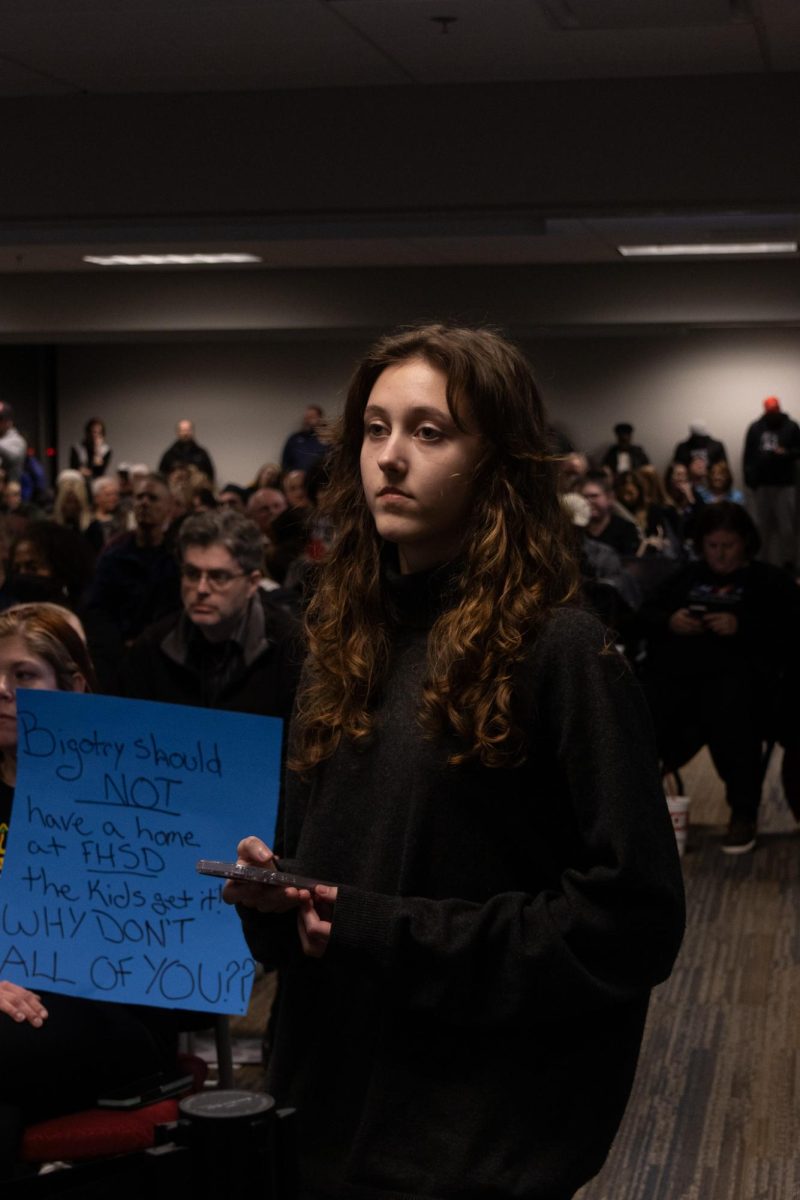Francis Howell School District has been the subject of media attention as many students, families, and teachers have been pushing back against the original verdict and rallying together to attempt to reinstate the classes Black Literature and Black History. The backlash to the decision ended in the board successfully reinstating the classes, however they also decided to change the curricula to be “rigorous and largely politically neutral,” as written by President Adam Bertrand and Superintendent Kenneth Roumpos in a statement released Dec. 28.
On the same day, a group of students, parents, community members and organizations including the St Charles County NAACP met at the First St. Charles United Methodist Church to discuss the recent board decision and organize ways to protest for the decisions to change and show their support for the classes.
Junior Isabella Duncan is one of the students who went to this meeting because of her strong feelings against the decision.
“[There was a] variety of people that came from each school. Not only was it students, but it was community members, it was teachers. We all discussed what we think should happen, what needs to be put in place and how we can change this. I think it’s important to see how everyone feels about this and how strongly even students here feel about the problem,” Duncan said.
Duncan believes that this meeting was a good step to show the board that the community stands with these courses and what they represent.
“I think it showed that we do care and I think they took [the Black Literature and Black History classes] away because they’re scared that we’re gonna learn to embrace what we have now or become too powerful, but taking it away has only made us more powerful and made us want to fight back more because we want it back,” Duncan said.
Duncan expressed her disappointment in the board and how they handled the situation.
“I think it sends [a message] that they do not care as much as they showed about all their students and the variety of students we have. The fact that they removed it in the first place is unbelievable to me,” Duncan said. “It’s definitely showing that there’s obviously favorable differences to the board. They think that [it] doesn’t matter as much to people but it’s obviously proven to be important. If you ask anyone who is in the class, they clearly appreciate it.”
Senior Noah Layman was another student who went to the Methodist Church meeting, and mentioned how it encouraged him to take a stand against the board’s actions.
“I was already feeling pretty upset about the actions that the board had made, but the meeting itself kind of just strengthened those feelings, and just really gave those emotions a drive to make a change, to really make an effort towards doing something to [create] actual change. I think the meeting allowed us to get together and really brainstorm ideas to try and make change or at least make the board aware that we are upset,” Layman said.
Layman is against the idea of teaching these courses through a “politically neutral” lens, stating that it would simply be impossible to teach subjects like Black History and Black Literature without the acknowledgment of the social justice movement.
“After everything that people of color and minorities have gone through, especially in America. You can’t teach Black History without teaching the activism and the social activism behind it because the social activism behind it made Black people what they are today.” Layman said. “The only thing the board has done by removing these classes was to cause the students to become activists and fight for this.”
Senior Sean Latta, who was the student representative for the Dec. 21 meeting, criticized the phrasing, “politically neutral,” and believes their decision to reinstate the classes as a cover for themselves after the backlash.
“[T]he phrasing they used, specifically the ‘politically neutral’ part comes off as a blatant cop-out answer to appeal to both their voter base and those who want the classes. When they flip so suddenly from a staunch supporter of removing the class to suddenly bringing the class back, it shows that they were incredibly aware of the fact that the negative backlash from their decision was going to outweigh the already existing support that they had from voters, especially so close to elections,” Latta said.
Latta sees this reaction from the board as proof of the effect the community can have when they work together to voice their concerns and disapproval.
“While all the wording of their communication has been confusing, one message that has stuck out to me that they’re trying to hide from is that they fear for their security of position as board members. Their approach and ‘solution’ to the problem that they created clearly screams that they truly only serve themselves and their ambitions, and will attempt to make any compromises to save their own skin and seat. This tells the community that the community has a voice to create change through peaceful protest and vocal opposition to the decisions made by the board.” Latta said.
Layman believes these courses are important and should be taught in a way that doesn’t include being policed for allegedly not being “politically neutral,” because it makes minorities in America feel as though they matter and have a voice in the country.
“Everyone deserves a chance to have their own history taught to themselves and not just America as a whole,” Latta said.
This story was originally published on FHC Today on January 26, 2024.

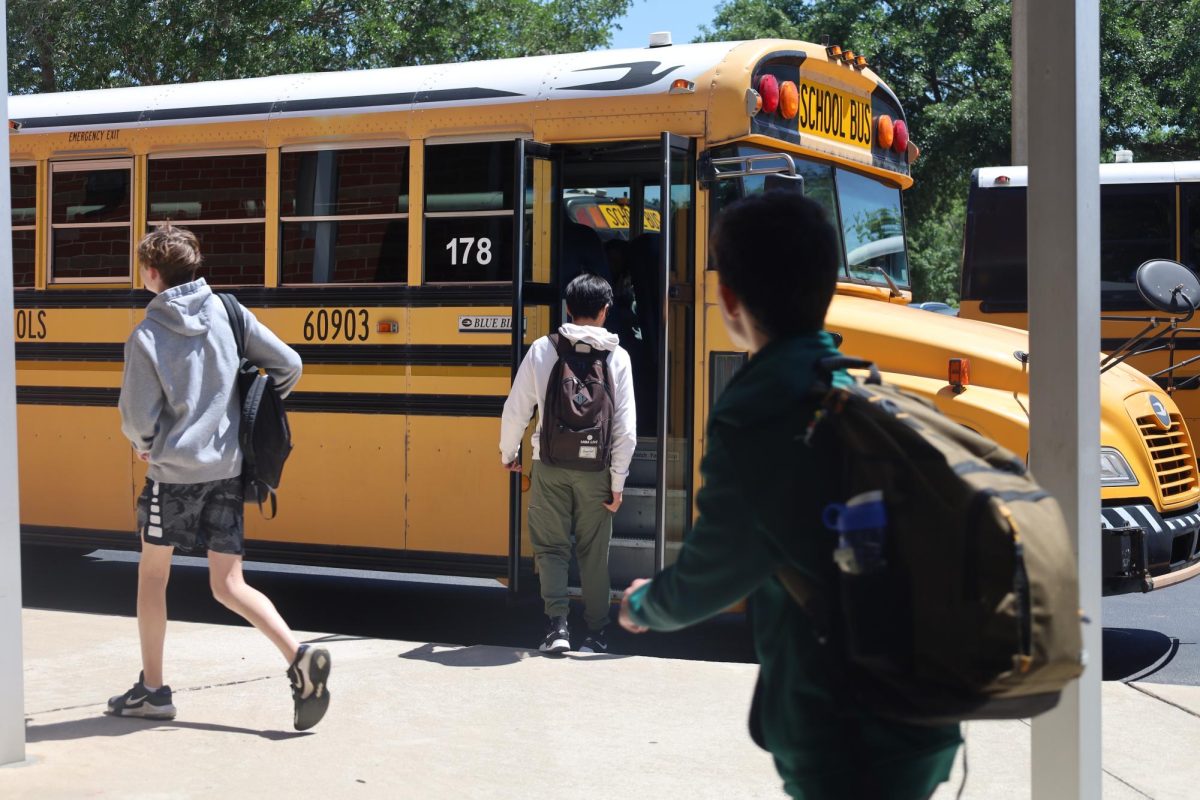
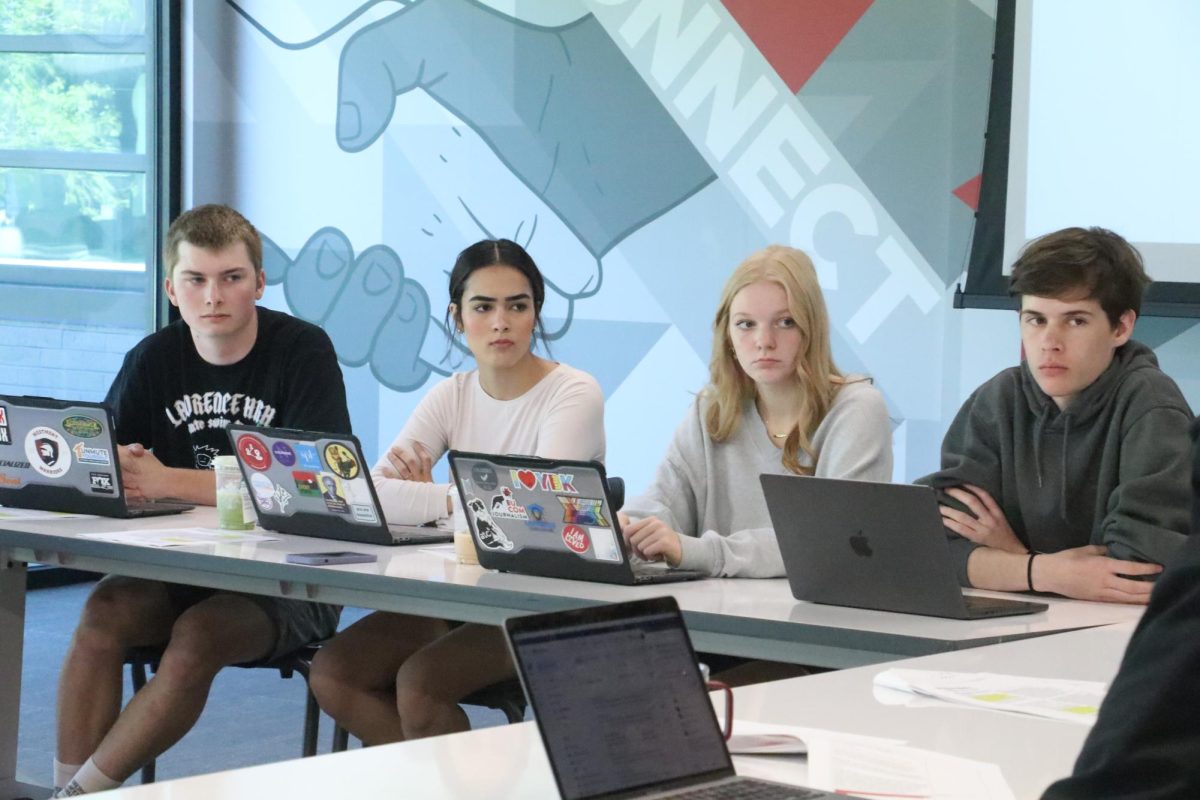
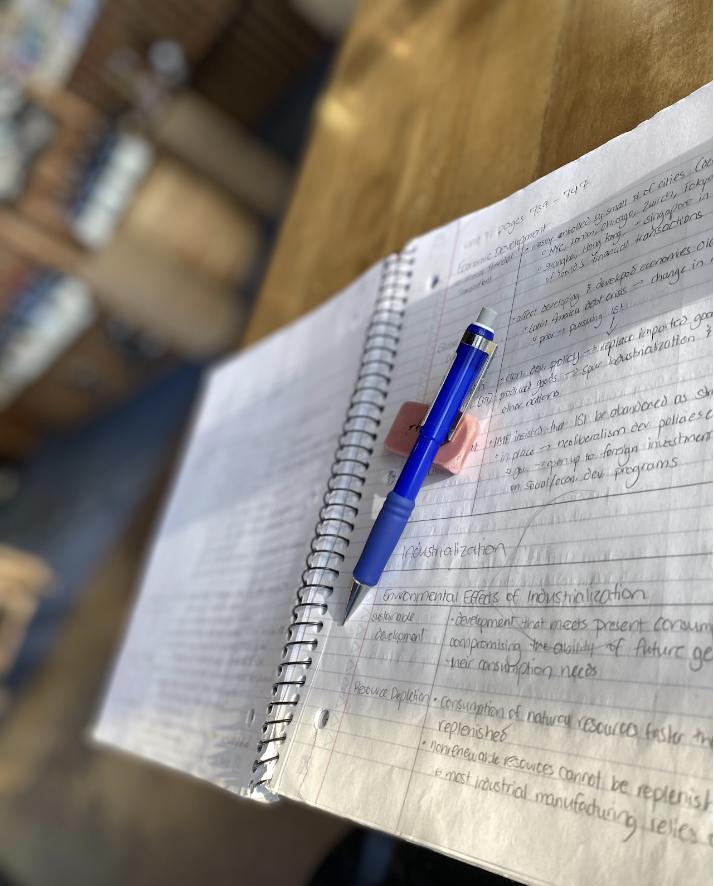
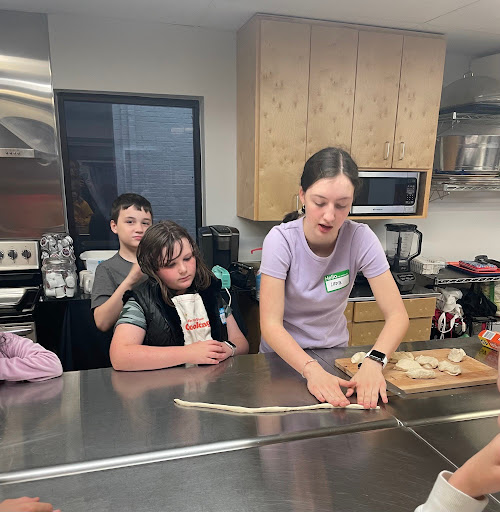
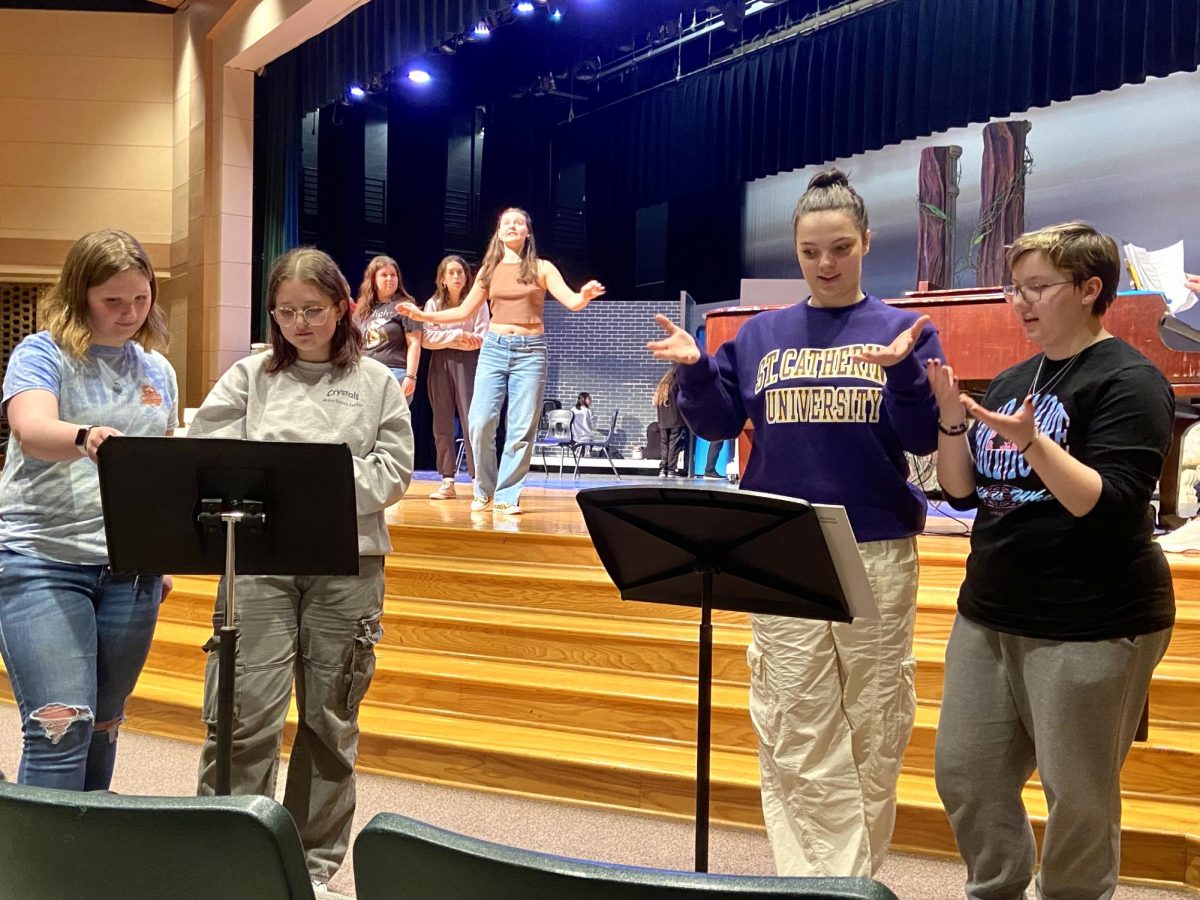
![It was definitely out of my comfort zone to get [the dress] and decide I loved it enough not to wait and risk not having something that memorable.](https://bestofsno.com/wp-content/uploads/2024/04/Precious_20180902_JRS_00008_ed1.jpg)


![Sophomore Sahasra Mandalapu practices bharatanatyam choreography in class. These new dances will be performed in an annual show in February. Mandalapu found that practicing in class helped her overcome stage fright during her performances. “When [I] get on stage, Im nervous Im going to forget, even though Ive done it for so long,” Mandalapu said. “Theres still that little bit of stage fright [when] I second-guess myself that I dont know it enough, but I do because Ive been practicing for a whole year.”](https://bestofsno.com/wp-content/uploads/2024/05/Sahasra-6-Large-1200x844.jpeg)

![In their full runway outfits, (from left) Audrey Lee 25, Olivia Lucy Teets, 25, Fashion Design teacher Ms. Judy Chance, and Xueying Lili Yang pose for a photo. All three girls made it to Austin Fashion Week by getting in the top 10 in a previous runway show held by Shop LC.
[I like my students] creativity and how they can look at a fabric and make it their own, Ms. Chance said.](https://bestofsno.com/wp-content/uploads/2024/04/IMG_9686-e1714088765730-1129x1200.jpeg)
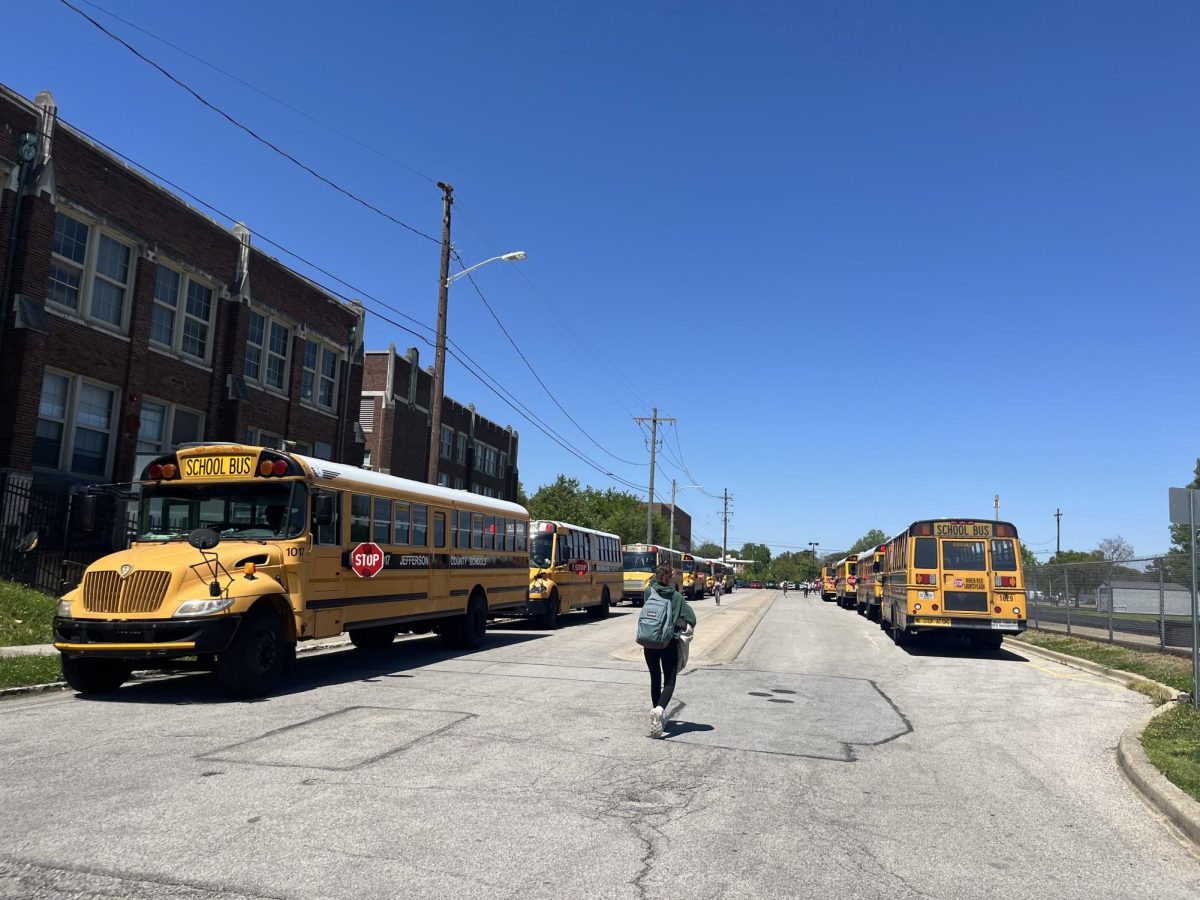
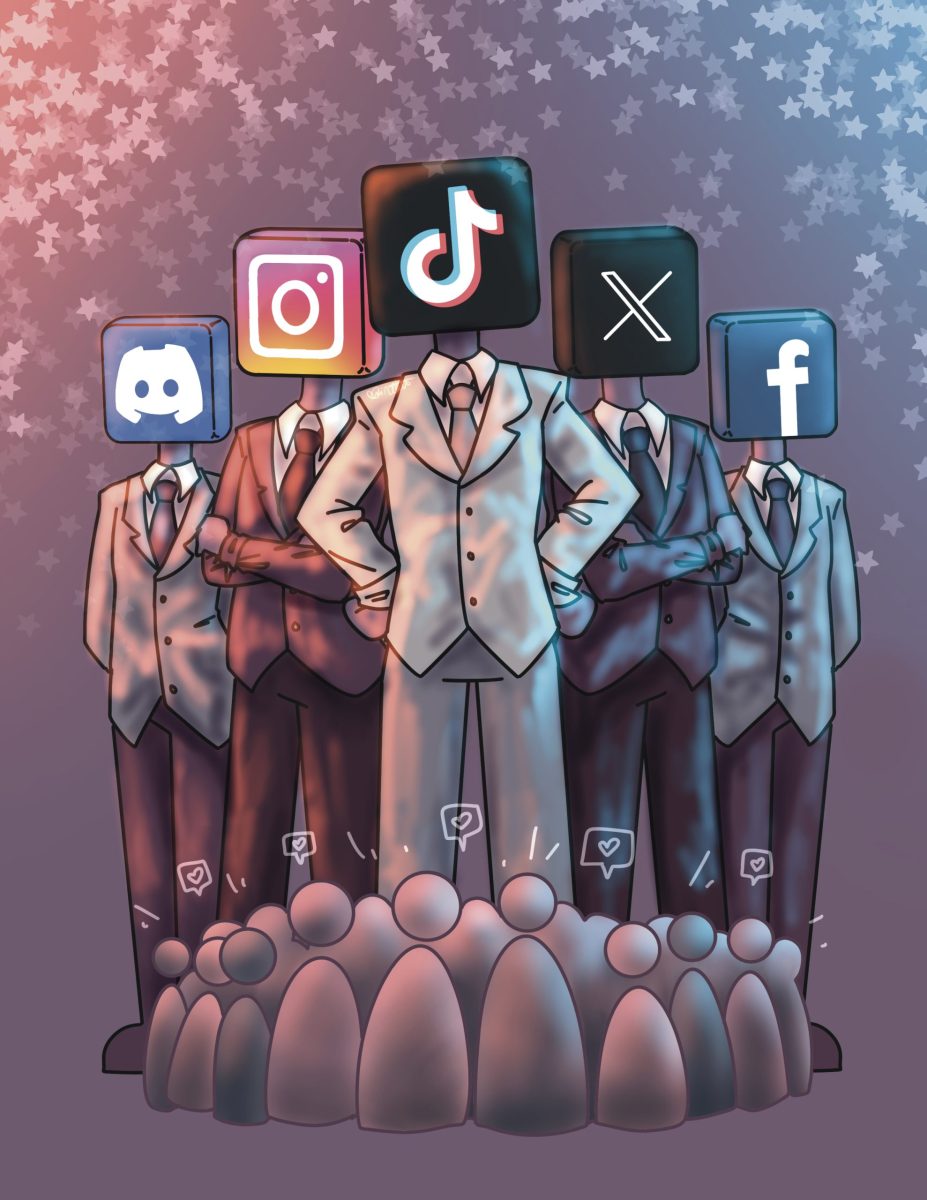



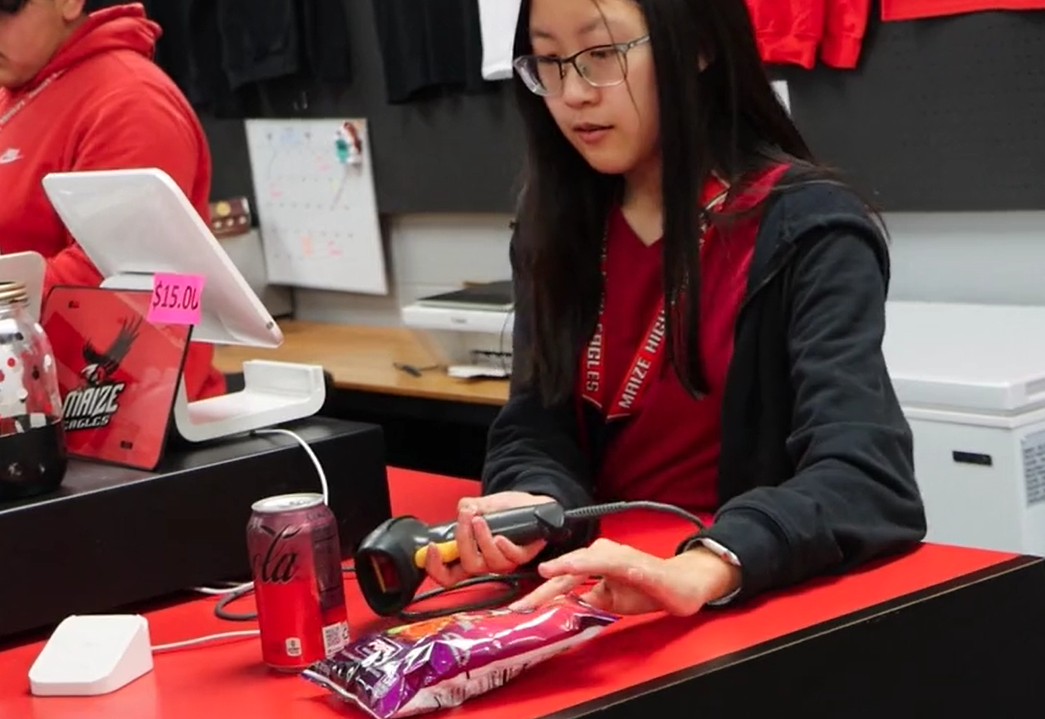
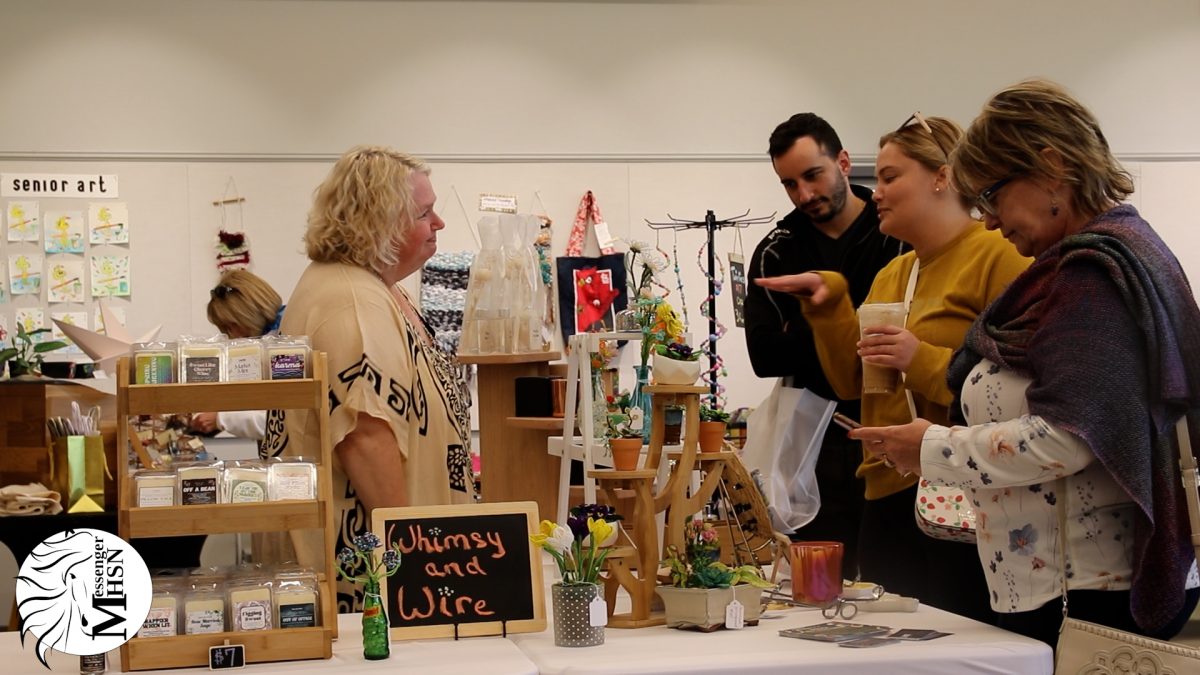







![IN THE SPOTLIGHT: Junior Zalie Mann performs “I Love to Cry at Weddings,” an ensemble piece from the fall musical Sweet Charity, to prospective students during the Fine Arts Showcase on Wednesday, Nov. 8. The showcase is a compilation of performances and demonstrations from each fine arts strand offered at McCallum. This show is put on so that prospective students can see if they are interested in joining an academy or major.
Sweet Charity originally ran the weekends of Sept. 28 and Oct. 8, but made a comeback for the Fine Arts Showcase.
“[Being at the front in the spotlight] is my favorite part of the whole dance, so I was super happy to be on stage performing and smiling at the audience,” Mann said.
Mann performed in both the musical theatre performance and dance excerpt “Ethereal,” a contemporary piece choreographed by the new dance director Terrance Carson, in the showcase. With also being a dance ambassador, Mann got to talk about what MAC dance is, her experience and answer any questions the aspiring arts majors and their parents may have.
Caption by Maya Tackett.](https://bestofsno.com/wp-content/uploads/2024/02/53321803427_47cd17fe70_o-1-1200x800.jpg)
![SPREADING THE JOY: Sophomore Chim Becker poses with sophomores Cozbi Sims and Lou Davidson while manning a table at the Hispanic Heritage treat day during lunch of Sept 28. Becker is a part of the students of color alliance, who put together the activity to raise money for their club.
“It [the stand] was really fun because McCallum has a lot of latino kids,” Becker said. “And I think it was nice that I could share the stuff that I usually just have at home with people who have never tried it before.”
Becker recognizes the importance of celebrating Hispanic heritage at Mac.
“I think its important to celebrate,” Becker said. “Because our culture is awesome and super cool, and everybody should be able to learn about other cultures of the world.”
Caption by JoJo Barnard.](https://bestofsno.com/wp-content/uploads/2024/01/53221601352_4127a81c41_o-1200x675.jpg)




